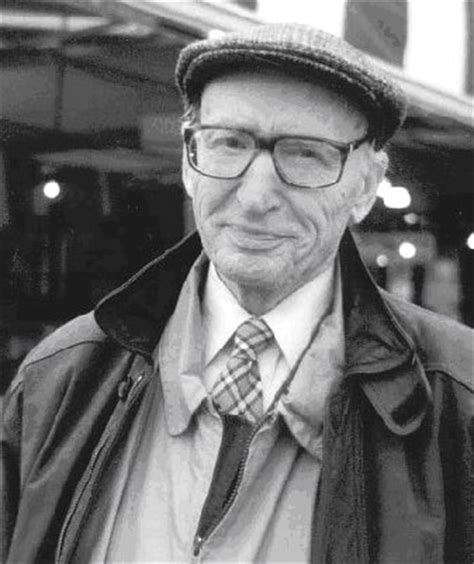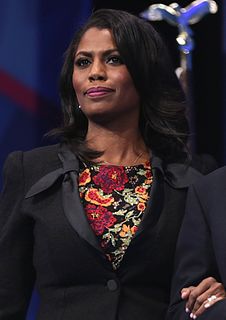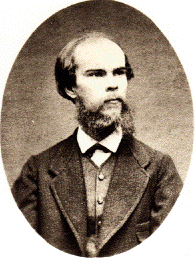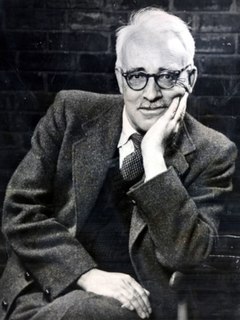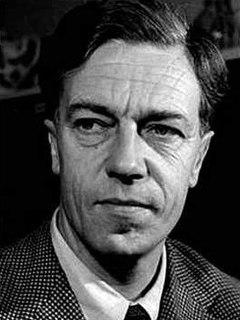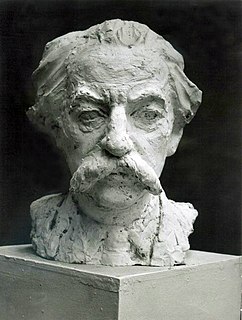A Quote by Louis Dudek
The long poem cannot be a digressive, expansive, boring exposition. It is really made of very sharp, Imagistic, quintessential poetic elements.
Related Quotes
Just as there exists in writing a literal truth and a poetic truth, there also exists in a human being a literal anatomy and a poetic anatomy. One, you can see; one, you cannot. One is made of bones and teeth and flesh; the other is made of energy and memory and faith. But they are both equally true.
There are three necessary elements in a story - exposition, development, and drama. Exposition we may illustrate as "John Fortescue was a solicitor in the little town of X"; development as "One day Mrs Fortescue told him she was about to leave him for another man"; and drama as "You will do nothing of the kind," he said.
It is unwise to equate scientific activity with what we call reason, poetic activity with what we call imagination. Without the imaginative leap from facts to generalisation, no theoretic discovery in science is made. The poet, on the other hand, must not imagine but reason--that is to say, he must exercise a great deal of consciously directed thought in the selection and rejection of his data: there is a technical logic, a poetic reasoning in his choice of the words, rhythms and images by which a poem's coherence is achieved.
On the geometric level, we see certain physical elements repeated endlessly, combined in an almost endless variety of combinations. It is puzzling to realize that the elements, which seem like elementary building blocks, keep varying, and are different every time that they occur. If the elements are different every time that they occur, evidently then, it cannot be the elements themselves which are repeating in a building or town; these so-called elements cannot be the ultimate "atomic" constituents of space.
I keep feeling that there isn't one poem being written by any one of us - or a book or anything like that. The whole life of us writers, the whole product I guess I mean, is the one long poem - a community effort if you will. It's all the same poem. It doesn't belong to any one writer - it's God's poem perhaps. Or God's people's poem.
